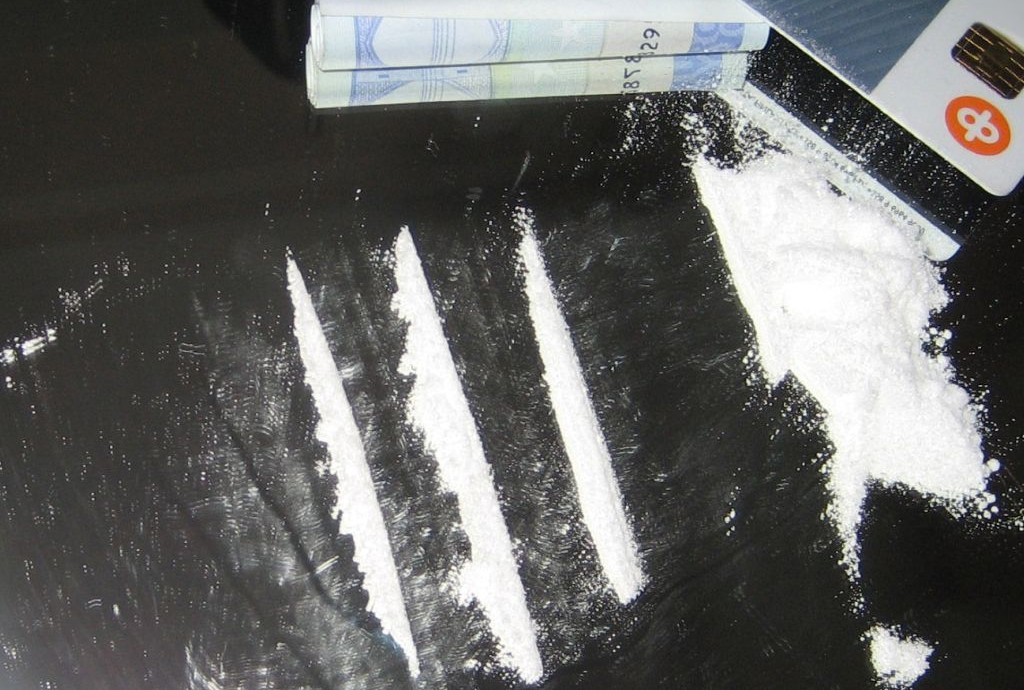In brief
- Recently, Shane Jones called the keffiyeh a “terrorist tea towel,” attacking Green MPs for virtue-signalling over Palestine.
- The phrase, increasingly used on the right by those miffed with pro-Palestinian virtue signalling, now enters Parliament through Jones.
- The keffiyah is not exclusive to Palestine or Hamas, and saying it represents terrorism is reductive and simplistic.
- Using such slurs shifts focus from real issues to identity spats.
- While it may energise some of NZ First’s base, it risks alienating culturally conservative voters.
Shane Jones elevates the sleight to Parliament
After recently calling for a Green MP to be sent “back to Mexico,” NZ First minister Shane Jones then escalated his rhetoric, targeting the keffiyeh by labelling it a “terrorist tea towel.”
Directed at Green MPs wearing the traditional Arab scarf in solidarity with Palestine, the comment aligns with Jones’ brand of nationalist politics.
But beyond the headlines, what does this achieve?
Jones is no reckless amateur. He’s a seasoned politician who understands cultural flashpoints. His nationalist messaging appeals to some voters who feel alienated by progressive politics.
There’s also little doubt the Green MPs wearing the Palestinian keffiyeh is, at least in part, an act of virtue signalling.
Yet, this attack shifts the focus from policy to provocation, with little strategic benefit.
The ‘terrorist tea towel’ slur goes mainstream
The phrase didn’t originate with Jones. It has gained traction among media figures like Sean Plunket, Brian Tamaki and others, who thrive on controversy.
But is the goal to trigger outrage or win arguments? The fact is that talkback radio, online culture wars, and Parliament operate on different playing fields.
For the record, the keffiyeh is not strictly Palestinian, nor is it a symbol exclusive to Hamas.
The keffiyeh is a traditional Arab headscarf worn across the Middle East and North Africa for centuries. Its design and colours vary by region. It became associated with Palestinian nationalism in the 20th century through figures like Yasser Arafat. However, it predates modern political movements and is commonly worn by Arabs of many backgrounds, including Jordanians, Iraqis, and Gulf Arabs. Associating it with terrorism is inaccurate and culturally reductive.
When a cabinet minister adopts the language of shock jocks, it changes the equation by giving political weight to rhetoric that might otherwise remain on the fringes.
Instead of leading a conversation about foreign policy, New Zealand’s stance on Israel-Palestine, or even broader debates around nationalism, Jones has reduced it to name-calling, an approach that may resonate with some but does little to advance any serious political agenda.
Critics seize on Jones’ remarks
The Aotearoa Liberation League (ALL) claims New Zealand nationalism is just racism in disguise. Jones’ remarks, like calling the keffiyeh a “terrorist tea towel,” give radicals a moral excuse to escalate.
ALL activist and ex Te Pāti Māori candidate Pere Huriwai Seger recently confronted NZ First minister Casey Costello, telling her “You’re gonna get it,” then later cited rhetoric from Jones and others to justify his behaviour.
The risk here is that rather than discussing co-governance, immigration policy, or economic priorities, the debate has now shifted to whether the right harbours racial animus.
This shift benefits activists looking to frame the entire right as xenophobic, making it easier to dismiss valid concerns from conservatives about media bias, government overreach, or identity politics.
There’s also the risk of alienating conservative-leaning migrants, Kiwis of Arab descent and Muslim voters, who may align with the right on issues like economic freedom, social conservatism, or law and order. Many won’t appreciate their culture being casually ridiculed by the right – nor used as a prop for virtue signalling by the left.
Image: TrickyH



















